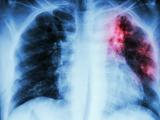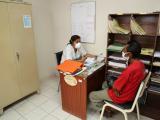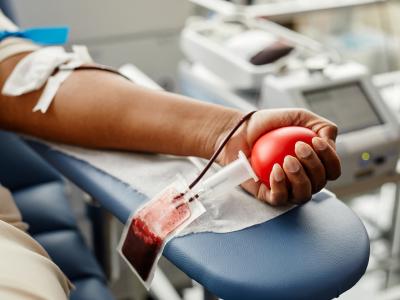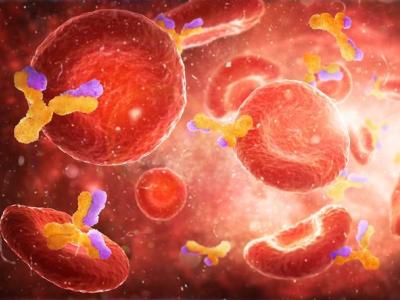Sep 2, 2010
Outbreak involving 2 Salmonella strains detailed
Scientists from the US Centers for Disease Control and Prevention (CDC) reported today that a small outbreak of Salmonella infections that occurred last fall at a catered reception involved two subtypes of the bacterium. Writing in tomorrow's Morbidity and Mortality Weekly Report (MMWR), researchers detailed an investigation in Connecticut that tracked down 25 of roughly 150 diners who ate food brought in from a local restaurant. Of those, 9 met the criteria for foodborne illness, 14 were used as noninfected case controls, and 2 were excluded from the study. Of the 9 case-patients, all had diarrhea, 8 (89%) had abdominal cramping, 7 (78%) reported fever, 6 (67%) had muscle aches, and 4 (44%) had bloody stools. These patients were significantly more likely than controls to have eaten potato salad (88% versus 8%), which was deemed the likely outbreak culprit. Two patients tested positive for Salmonella
enterica serotype Typhimurium, 2 for S enterica serotype Schwarzengrund, and 1 for both serotypes; 2 tested negative, and 2 were not tested. Additionally, an asymptomatic food handler tested positive for both strains. However, the researchers could not pinpoint the mechanism of contamination, as the food worker reported not having prepared, consumed, or served any of the food. An accompanying editorial said, "Multiple-serotype Salmonella outbreaks might occur more frequently than recognized."
Sep 3 MMWR report
New test described as major advance in diagnosing TB
A new automated test can accurately diagnose tuberculosis and determine if it is resistant to rifampin, one of the mainstays of treatment, in less than 2 hours, far faster than existing tests, according to a report published yesterday in the New England Journal of Medicine (NEJM). An international team of scientists used the test, called Expert MTB-RIF, in 1,730 patients with suspected TB and compared the results with culturing, the gold-standard method. They determined that the test identified 98% of all confirmed cases and 98% of patients with rifampin-resistant infections in less than 2 hours, the NEJM report says. It also accurately ruled out TB in 99% of patients who were TB-free. A Reuters report said the test, which takes only 15 minutes of human labor, was developed in a collaborative effort by the National Institute of Allergy and Infectious Diseases (NIAID); Cepheid, a California diagnostics
company; the University of Medicine and Dentistry of New Jersey; and the Foundation for Innovative New Diagnostics, a Swiss nonprofit group supported by the Gates Foundation. Experts quoted in the Reuters story said the test could be a powerful weapon against TB in poor countries, where testing is slow and unreliable and where people typically spread the disease before they are diagnosed and treated. "You can tell the patient before they leave the office if they have TB and if it's drug-resistant. It's transformational," Dr. Peter Small, head of TB programs at the Gates Foundation, told Reuters. The NEJM report says large-scale projects to assess the usefulness of the test in developing countries are under way.
NEJM abstract
Sep 1 NIAID statement on the test
CDC says smokers, asthma patients should get pneumococcal vaccine
The CDC's Advisory Committee on Immunization Practices (ACIP), in an update of its 1997 guidance, recommended today that those who smoke or who have asthma should now get the pneumococcal vaccine, which prevents invasive pneumococcal diseases (IPDs) such as bacteremia and meningitis. The guidelines, to appear in tomorrow's MMWR, pertain to the 23-valent pneumococcal polysaccharide vaccine (PPSV23), which protects against 23 strains of pneumococcus. PPSV23 continues to be recommended for all adults 65 and older, and for those aged 19 to 64 who have underlying conditions that put them at risk. ACIP no longer recommends routine use of PPSV23 for American Indians or Alaska Natives younger than 65 unless they have other indications for the vaccine. The report says IPD caused an estimated 43,500 cases and 5,000 deaths in 2009. It says the risk for IPD is greatest among those who have compromised immune systems.
Sep
3 MMWR report















